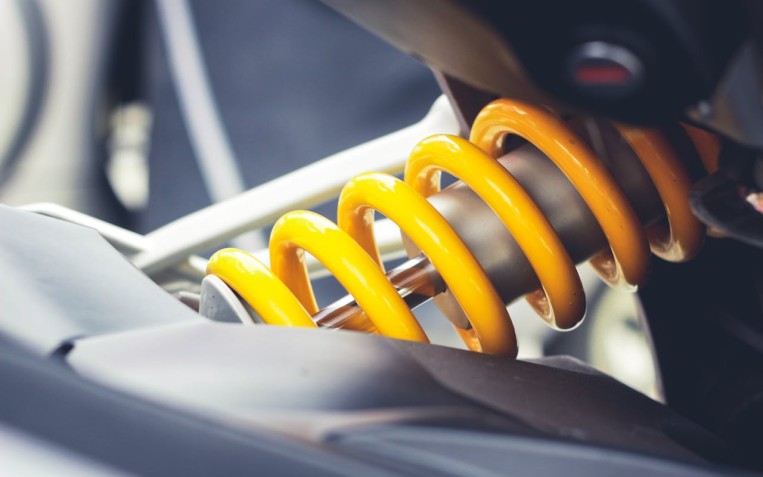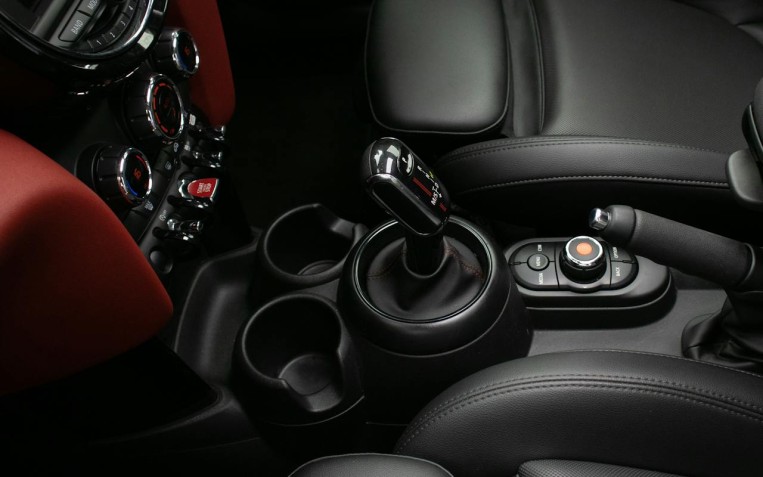How long do car batteries last

No matter how well you look after them, car batteries only have a limited lifespan. They typically last between three to four years, although they are known to last longer depending on the type of battery you have. In this guide, we’ll explain what might impact the lifespan of your battery, as well as the warning signs that indicate you might need a battery replacement.
What impacts the lifespan of a car battery?
There are many influencing factors that can impact the life span of a car battery, including;
- Temperature: Extreme temperatures can shorten your battery's lifespan. Hot summer temperatures can cause battery fluid to evaporate, and freezing winter temperatures can hinder battery power.
- Driving habits: Driving habits can also impact your battery life. For instance, infrequent use can shorten your battery life, this is because your battery does not get fully charged, leading to a build-up of sulphate crystals further reducing your battery's capacity.
- Vibration: If your battery isn’t secured properly the vibrations, knocks and bumps can shorten your battery life.
- Poor maintenance: Keeping your car battery in good condition will prolong its battery life, you should keep your battery terminals clean and keep the water levels topped up if your vehicle requires it.
- Electrical demands: Leaving electrical elements like your lights or radio on overnight or for prolonged periods can drain your car's battery.
What type of car battery lasts the longest?
Your car battery type will have some influence on how long it’s expected to last. Regular maintenance and other environmental factors will also affect how long it lasts.
So, which car battery type has the longest life?
Gel Cell batteries have the longest life as they are less prone to leakage and can handle deep discharge cycles compared to regular acid batteries. However, they aren’t as common and are much more expensive than other car batteries.AGM batteries are the most common type of car battery and are usually found in modern cars with start-stop technology. They can last up to 7 years with the proper maintenance.
What are the signs that you need a new car battery?
It’s a good idea to make yourself aware of the signs you might need a new car battery as it can stop you from being stranded with a flat battery!
Slow engine crank
You may find that when you turn your key in the ignition, it makes a clicking noise. This can also happen when you start the vehicle, taking longer than usual to start.
Check engine light
Modern cars may indicate when the battery power is weak by triggering the ‘check engine light’ in your car. Although a check engine light could be an indicator of other potential problems with your car so it is always best to get this checked by a professional technician when it appears
Dimmed lights and slowdown of electronics
If you notice your car lights are dimmer than usual it could indicate that your battery doesn’t have enough power. Pay attention to the other electronics in your vehicle, are they working at low power too? These could all be signs of a weak battery.
Low battery fluid level
You can visually check the battery fluid level through the transparent window in the casing of your battery. If its level is below the energy conductor, it could mean your battery fluid is leaking or has evaporated and will need replacing.
Ready for a new car battery? Here at PTA Garages, we have a wide range of car batteries to suit every budget and vehicle type. What’s more, all our batteries come with a three-year warranty. Find your nearest branch today for all your battery needs today.
Related Content

Should I have soft or stiff suspension springs for my vehicle?
Suspension springs are essential for maintaining your vehicle’s stability and ride height. Over time, the springs will succumb to wear and tear, which affects how your car handles, brakes and accelerates on the road. Discover whether you should...

What is engine braking?
Engine braking involves taking your foot off the accelerator pedal, allowing your car to slow down. Over time, the parts on your vehicle’s braki...

A guide to the different types of car clutches
The clutch is responsible for channelling the power from the engine, through to the gearbox, and the wheels. Your vehicle's clutch will differ dependi...

